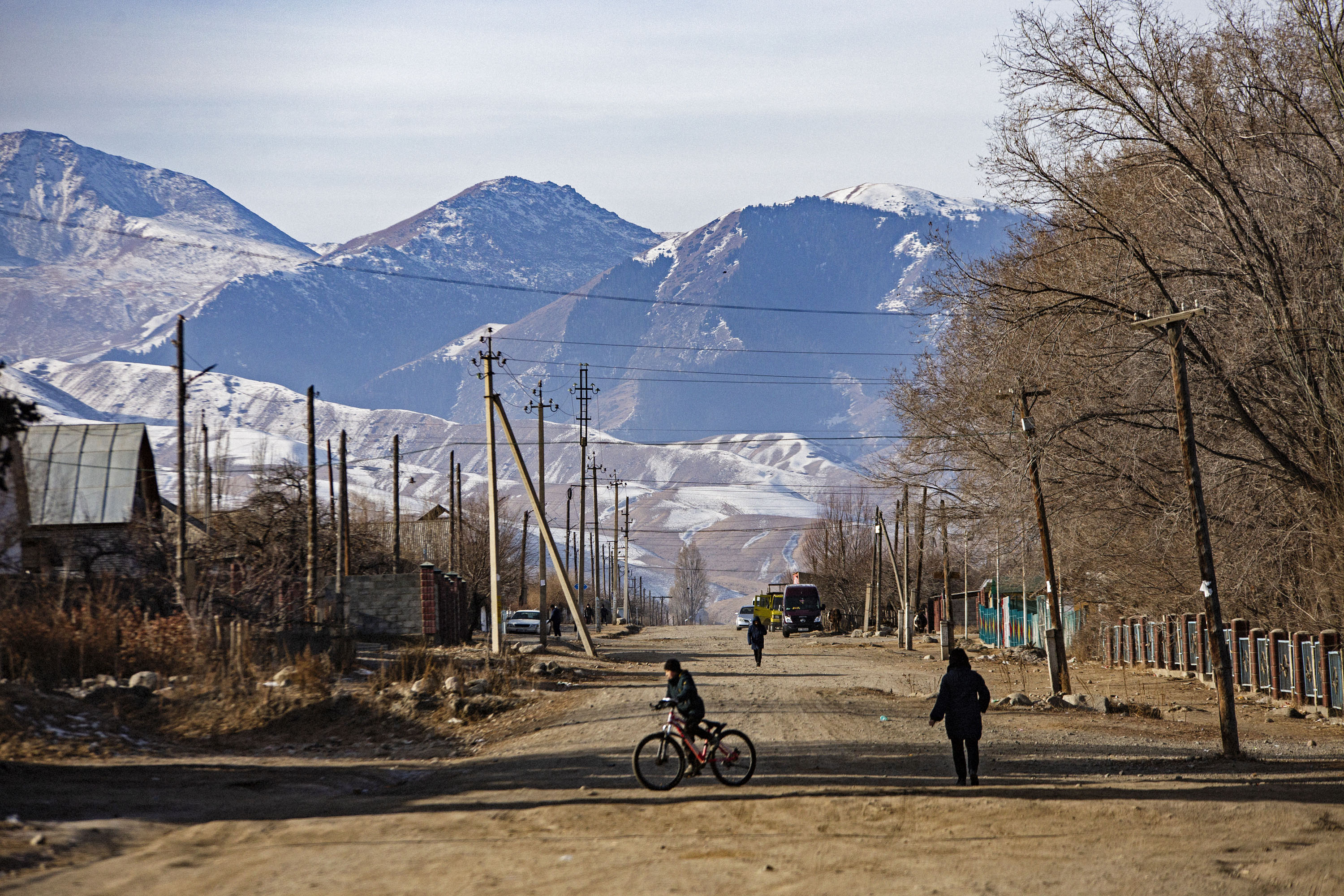Sustainable Mountains: FAO calls for transformative response to climate threat
This includes strategic investments, technology, innovation, solid institutions and adaptive capacities

Mountainous areas cover almost a third of the planet’s land surface and are home to some 1.1 billion people
©FAO/Mirbek Kadraliev
Rome – The head of the Food and Agriculture Organization of the United Nations (FAO), QU Dongyu, today called for a change of pace in the way we protect our mountains, as the climate crisis threatens to further exacerbate the livelihoods of its dwellers and beyond.
According to the UN’s Intergovernmental Panel on Climate Change (IPCC), the current rate and depth of adaptation in mountain regions is insufficient to respond to the impacts of the climate crisis. And a recent FAO study has found that food insecurity has risen constantly since 2000 in the rural mountain areas of developing countries, where a great majority of people live below the poverty line. Along with decreasing water availability from the loss of glacier mass and increased permafrost thawing, the COVID-19 pandemic and recent conflicts have further compounded the vulnerability of mountain people. Mountains are also an essential source of freshwater for non-mountain dwellers, supplying two-thirds of the world’s irrigated agricultural land.
Yet there are plenty of practical and timely options available to address the risks before it’s too late, the FAO Director-General told a virtual event for the launch of the International Year of Sustainable Mountain Development 2022.
“We have an opportunity for change,” Qu said, but “transformational approaches are needed.”
“We need strategic investments, technology, innovation, solid institutions, and adaptive capacities to support sustainable mountain development,” Qu added.
Solutions put forward by FAO include effective tourism management policies designed to increase household incomes, boosting biodiversity conservation and resilient and sustainable agrifood systems.
“By promoting and valuing the unique natural, cultural and traditional heritage of mountain communities, together we can help develop sustainable long-term benefits for better production, better nutrition, a better environment and a better life for all – ensuring that no one is left behind,” Qu said.
Following the proposal from Kyrgyzstan, the UN General Assembly declared the year 2022 as the International Year of Sustainable Mountain Development.
The President of Kyrgyzstan, Sadyr Japarov, delivered a video statement to the official launch, which was attended by, among others, government ministers and authorities from Andorra, Bhutan, Dominican Republic, Italy, Nepal, Switzerland and Uganda.
FAO is the lead UN agency for sustainable mountain development and hosts the Mountain Partnership Secretariat. The issue is crucial for FAO’s mandate to improve nutrition, increase agricultural productivity, restore production systems, raise the standard of living in rural populations and contribute to global economic growth.
Contact
Nicholas Rigillo FAO News and Media (Rome) [email protected]
FAO News and Media (+39) 06 570 53625 [email protected]
